DIALECTICAL BEHAVIORAL THERAPY DBT

Seeking treatment? Questions?
Get 24/7 confidential help now:
Or Receive A Call:
Last Medically Reviewed 15 November 2022
DIALECTICAL BEHAVIORAL THERAPY
Dialectical behavior therapy (DBT) is evidence-based psychotherapy used to treat patients with personality disorders, such as Borderline Personality Disorder (BPD), and other mental disorders such as Post-Traumatic Stress Disorder (PTSD). It is also proven to be effective as part of a specialized addiction treatment program for patients with co-occurring Substance Use Disorder (SUD)
The primary goal of DBT is to identify irrational thought patterns and refocus them to create healthier ways of interacting with the world. Patients often develop behavioral coping mechanisms due to trauma, chemical imbalance, or substance abuse. In other cases, they may not have had the opportunity to build healthier emotional skills due to neglect or abuse in their formative years.
DBT practitioners at Psyclarity Health approach counseling sessions with the view that the patient has adopted a system of distorted thought patterns, often manifest in dysfunctional and self-destructive behavior.
By recognizing these trends and following their origins, psychologists help patients recognize why they feel the way they do. They may then reframe these ideas and develop healthier ways of reacting to events by understanding why they feel this way.
WHAT IS
DBT?
Dialectical behavior therapy is a form of cognitive behavioral (CBT) that focuses on changing poorly formed thoughts, high-risk behaviors, and intrusive beliefs. DBT, on the other hand, differs from traditional CBT in that it also emphasizes a person’s emotions and ideas. DBT was one of the first CBT therapies to employ mindfulness practices for this purpose.
DBT SKILLS
Dialectical behavior therapy concentrates on correcting emotion management difficulties and the problematic behaviors they produce. DBT therapists who employ and teach DBT skills use four techniques.
Dialectical behavior therapy concentrates on correcting emotion management difficulties and the problematic behaviors they produce. DBT therapists who employ and teach DBT skills use four techniques.
Mindfulness
Based on Eastern meditation techniques, patients learn to develop an awareness of the present moment and focus objectively on themselves and the activities and people around them. They can respond healthily and positively by learning to remove their often irrational negative bias from situations.
Interpersonal Effectiveness
Developing communication and interpersonal skills is beneficial in creating healthy relationships with others and oneself. Knowing how to work through conflict constructively and positively express feelings or needs leads to empowerment and a healthier sense of self.
Distress Tolerance
Patients can learn to control themselves in undesirable situations without resorting to prior dysfunctional thinking, improve their distress tolerance, and learn to cope with potentially distressing events without reverting to unhealthy behavior. They conclude that, through no fault of their own, certain factors are beyond their influence.
This understanding encourages acceptance and teaches problem-solving skills as they learn to work around these circumstances without resorting to self-medicating with drugs or alcohol. Techniques such as distraction methods or deep breathing exercises are incorporated to assist in the process.
Emotion Regulation
Therapists assist patients in identifying and labeling emotions without judging those feelings. This allows a person to understand how their emotions influence their behavior, recognize what may be stopping them from managing themselves, and learn better responses to unsettling events. The process also helps pinpoint triggers and avoid these situations in favor of those encouraging positive responses.
USING DBT FOR
ADDICTION
Dialectical behavior therapy (DBT) is a thorough treatment program that aims to help patients in their efforts to establish a life worth living. DBT’s emphasis on the greater goal of building a better life is a broader therapeutic goal than just reduction in problem behaviors, symptom management, or palliative care. When DBT is effective, the patient also learns how to imagine, explain, pursue, and maintain objectives unrelated to their substance abuse history. They are therefore also better able to grapple with life’s ordinary problems.
The term dialectic refers to the melding of two opposing forces. DBT’s basic idea is to establish a dynamic that encourages patients to pursue both change and acceptance.
The treatment involves recognizing that both the patient’s desire to get rid of all painful events (including life itself) and a willingness to accept life’s unavoidable suffering are necessary. With this balance, the patient can work on changing one set of problems while tolerating—at least temporarily—the pain evoked by other issues.
DBT emphasizes the importance of building relationships between the counselor, patient, and loved ones to help patients find new ways to deal with life. Adjusting attitudes and expectations result in an eventual change in behavior away from self-harmful behaviors, including substance abuse.
Proactive new strategies include:
• Learning to recognize and embrace healthier environments and social circles
• Removing triggers and negative influences from their lives
• Finding new ways to boost self-image and focus on sobriety, even under pressure
CO-OCCURRING MENTAL
DISORDERS
DBT was initially created to treat chronically suicidal individuals. Subsequently, it was adapted for use with individuals with both severe substance use disorder (SUD) and borderline personality disorder (BPD), one of the most common dual diagnoses in substance abuse and mental health clinical practice. The co-occurrence of SUD and BPD causes severe emotional dysregulation, increases the probability of poor treatment outcomes, and increases the risk of suicide. DBT includes explicit strategies for overcoming some of the most challenging problems that complicate the treatment of both conditions, including weak treatment engagement and retention.
We now understand that borderline personality disorder and post-traumatic stress disorder frequently overlap. Comorbidity of BPD and PTSD has been found in several studies. Just like people with BPD, PTSD patients may also have difficulties with relationships or engage in self-destructive behavior, such as suicide attempts. And just like people with BPD, the skills used in DBT may also greatly benefit these patients with PTSD.
Borderline Personality Disorder
Dialectical behavioral therapy focuses on emotion-dysregulation and the problem behaviors they cause to reduce a person’s BPD symptoms. Dialectical behavior therapy is based on the notion that people with BPD’s most significant problem is emotional management (also known as emotion dysregulation).
Many problem behaviors exhibited by persons with personality disorders are thought to be caused by difficulties in emotive management. However, DBT differs from CBT in emphasizing acceptance of emotions and thoughts. Compared to other behavioral therapy approaches like cognitive processing therapy or prolonged exposure therapy, DBT has proven to be the most successful treatment for those with borderline personality disorder (BPD).
Post-Traumatic Stress Disorder
The dialectical behavioral treatment for post-traumatic stress disorder has proven to be a very successful form of therapy. It may also help as a precursor to other PTSD treatments such as cognitive processing therapy and eye movement desensitization and reprocessing therapy (EMDR). It’s been so effective that the technique has even been modified to target specific PTSD symptoms. There are particular techniques DBT uses that directly target PTSD symptoms and extreme trauma. Dialectical behavior therapy for post-traumatic stress disorder (DBT-PTSD) is a form of these techniques.
CBT-PTSD is a treatment that focuses on assisting you in healthily regulating your feelings and can help with self-destructive behaviors that hinder your ability to function. You’ll also learn how to strengthen and manage connections that may have been damaged due to the trauma you’ve gone through.
Dialectical Behavior Therapy for Complex Trauma
Complex trauma (also known as complex PTSD, or C-PTSD) is the condition a person experiences after experiencing multiple traumatic events that are repeated frequently or over a lengthy period. Complex trauma can be caused by profound neglect, childhood abuse, sexual or physical violence, human trafficking, being tortured or held captive, and violent relationships.
How does DBT help with trauma? Complex trauma is closely related to PTSD, as the symptoms can overlap and be very similar. Like PTSD treatment, DBT skills are also effective in treating those living with complex trauma. DBT can help minimize the symptoms of C-PTSD. Through Mindfulness, DBT instructs you in methods of grounding to stay in the present moment. Emotion regulation and distress tolerance skills can help manage the emotional pain you feel in response to intrusive thoughts.
GET HELP FOR
ADDICTION
Substance abuse disorder can be a complex condition to manage on your own. The good news is that you don’t have to. Effective therapy, like dialectical behavioral therapy, can help you overcome SUD and any underlying conditions. The road to sobriety is not easy, but with a fresh perspective on the world and the tools to handle challenges, fulfilling, healthy life is achievable.
Psyclarity Health provides specialized treatment programs for people battling addiction and co-occurring disorders. In addition to DBT, we offer a wide range of mental health services to address all aspects of the condition.
Get help for addiction at a Psyclarity Health center near you. Contact us to learn more about how we can help you.
MAKE THE CALL
Don’t go through the process of recovery alone.
There are people who can help you with the struggle you’re facing. Get in touch with one today.
Call Now: 855-924-5350
GET THE CALL
Enter your phone number below to request a call from a treatment professional.







